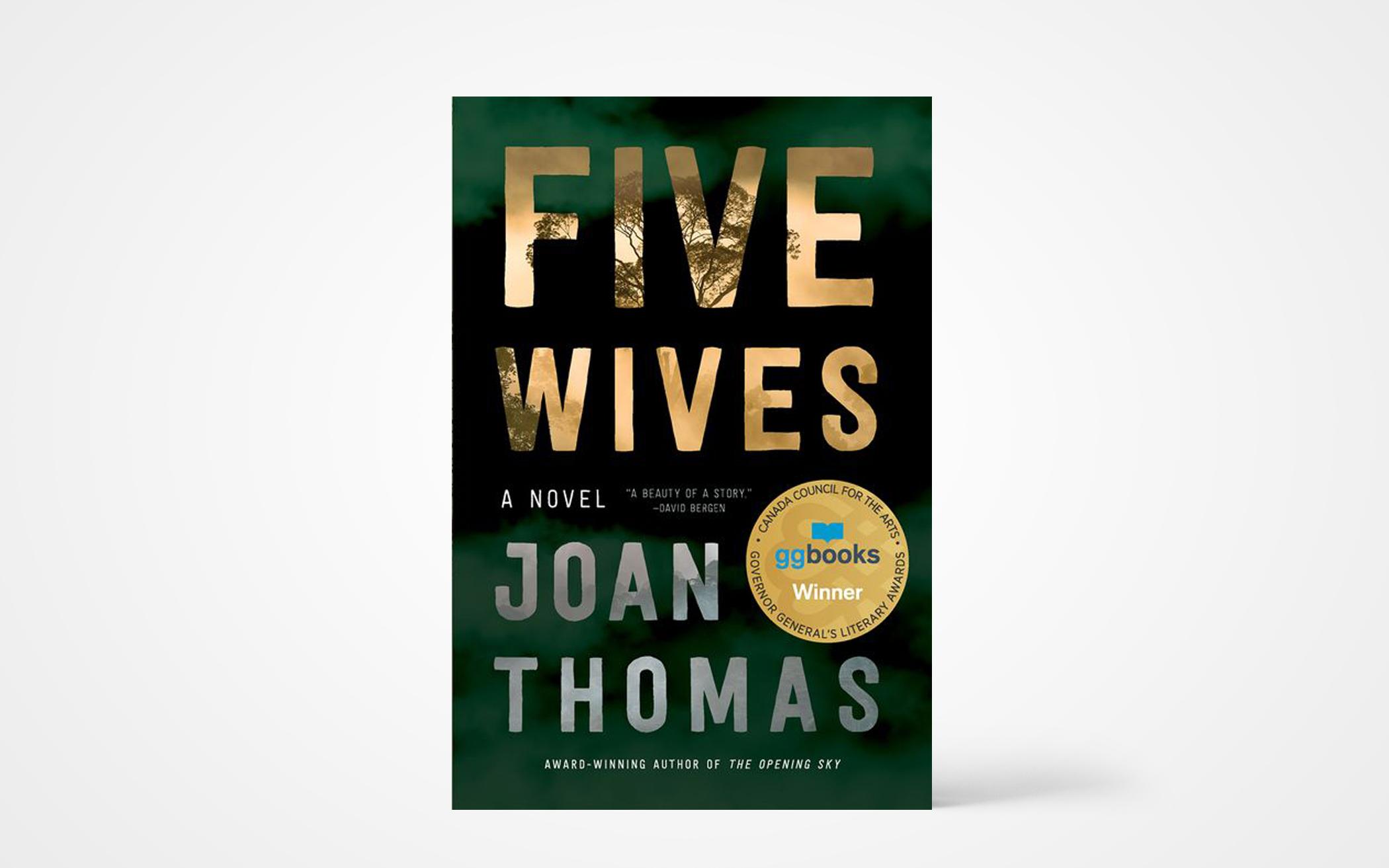Manitoba author Joan Thomas grew up in a faith community that knew well the stories of five male missionaries who were killed in Ecuador in 1956. Five young couples and their young children, connected to Wheaton College, found themselves drawn together in the cause of bringing a saving gospel to the “unreached” and “savage” Waorani peoples. Early in their mission, which became known as Operation Auca, the men were killed and became immediate martyrs for the faith in North America. Life magazine quickly picked up their story with memorable photographs. Their deaths became the inspiration for a generation of evangelical young people hearing the call to become missionaries themselves.
One of the widows, Elisabeth Elliot, wrote Through Gates of Splendor a year after the killings. It continues to be a bestseller. Thomas became intrigued in this romanticized martyrdom after reading an article in the New Yorker in 2012 about Ecuador’s oil exploration and exploitation. This led her to dig into the stories she thought she knew so well and consider the wider, possibly detrimental impact of American evangelical zeal and conviction.
At the heart of this novel are the stories of the five widows and their children and grandchildren. Although the author draws on historical artifacts, records, letters, and conversations for the women, she fictionalizes the subsequent generations. Thomas allows the women to speak in their own voices. As an author, she is able to unearth a subtle critique even among the women themselves toward the simplistic answers to the complex issues of God’s will and presence. It is a fervor compounded by cultural insensitivity and triumphalism. As Elliot’s fictionalized son, David, reflectively muses on a trip to Ecuador, “his family’s story always sounds better in the U.S.” In this novel, Thomas lays bare the desire and temptation to tell the story we and our audience want to hear, as opposed to the more complex truth.
As a novel, it fails to provide a strong continuous narrative. The five widows feel disconnected from each other. The fictionalized thread of David Elliot and his daughter, Abby, making a movie does not gain traction. By her own admission, Thomas gives few insights into the Waorani peoples, staying focused on the North American missionary perspective. And yet the novel will have intrigue for anyone interested in this event and willing to engage the hard questions within. It certainly did that for this reviewer. (HarperCollins)
About the Author
Jenny deGroot is a retired educator, farm-living art lover, and longtime contributor to The Banner's news and Mixed Media sections. She lives near Fort Langley, B.C., and attends Willoughby Christian Reformed Church in Langley, B.C.

